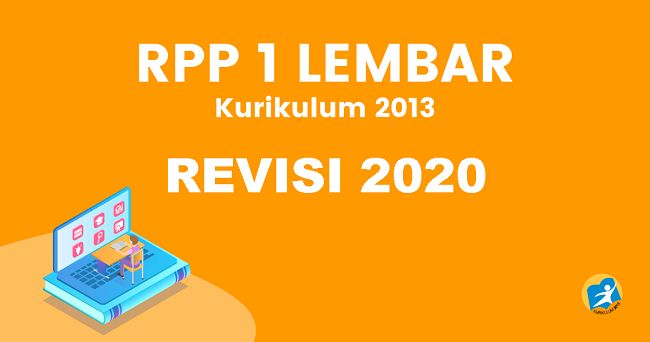
Your suggestion that such a public treasure should be held for so long in private hands, and may revert to such, disturbs me. With today’s K333 efforts, with only a couple of notable exceptions, you can fine tune the boiling of an egg (120 bpm). There might be yet a different tempo/interpretation. A completely different but also interesting interpretation! I must listen to the boxed set. On the other hand, in another video on YT he plays it “double-beat theory” at 106 bpm. Was his teenage Op 10 no 2 effort really faked? Even in that case, a very interesting, motivated and exciting performance I think, accessible only to a virtuoso technique. I wonder if the tempo was determined by the program duration? The dropped repeats definitely were. In this video he plays the exposition (of K333 movement 1), with all its filigree, at 167 bpm!! The ‘orchestral’ effect in the finale mvt 3 I find amazing – specially the bass. “… some of the tempos are unusual …” A tad restrained!

An amusing excercize, but really, meaningless fluff from a brilliant pianist, who was a musical snob. The fact that it took this long to find this film says to me that he did it for himself, and never intended on anyone else ever seeing it. I have always enjoyed being a contrarian myself. From what I know of him, I do believe that being controversial gave Gould a thrill. Olivier, more flamboyant than Gielgud, but really, equally wonderful. Both great, very different from each other in approach. Not unlike watching Laurence Olivier and John Gielgud act. Usually confirms my opinion of where their music comes from within them. Eg, I love listening to Rubinstein and Horowitz play the same pieces. But, when we love something, we all love comparing. Still, we get to hear one example, recorded one time, at a point frozen in time, like a photograph. The great thing about great piano players, particularly, is how they take someone else’s composition, present their interpretation of how it impacts them, and what they want us to hear/feel/know. I actually enjoy some of his Mozart presentations, too. My point was being a great pianist doesn’t make him even a decent critic. So, I question any value of Gould’s critique.

There are a variety of reasons why each pianist chooses the repertoire they do, and why they’re better at expressing one composer’s work than another. They are constructed that way for a reason. Artists grow and change, and I feel that each piece is a piece unto itself. Picasso’s blue period), but I think that it’s usually folly. There are times when you can evaluate a group of work as a whole if there’s some sort of theme (not unlike evaluating an artist’s period eg. Still, by breaking down the value of Mozart’s works into periods like he did, his words said something else, and I disagree with his very subjective premises, that he seems to be presenting as objective fact. From this data it proved that between cycle conditions I and II increased by 19.45% and between cycle II and III increased by 5.55%.I don’t disagree that the film was a humorous satire. Facing this fact, the academic supervision carried out by the headmaster may help to improve the competency of the religious teacher who is the beginner teacher at SMPK Virgo Fidelis in drafting learning planning and implementing learning according to the planned learning implementation plan.īased on the results of the research that has been outlined, researchers can conclude that: (1) The ongoing academic supervision can improve the competence of Indonesian teacher in grade VIII SMPK Virgo Fidelis Maumere in implementing the teaching and learning process according to RPP(2) The increase in competency of Indonesian teachers in applying appropriate learning with the RPP can be illustrated through the observation results of the following researchers: (1) cycle I by number 19 score, percentage of value is 52.7% and is in the category less (2) cycle II with a score of 26, percentage of the value is 72.22% and is in the category insufficient (3) Cycle III with the number of 28 scores, percentage of value 77.77% and is in the category good. This certainly contradicts the RPP function itself which is the teacher's teaching guideline. The problems faced so far that the teachers are drafting RPP is still limited to fulfilling administrative tasks and implementation in the classroom is often not in accordance with the steps specified or designed in the RPP. The implementation of learning can be successful when preceded by planning a learning program that serves to provide direction to the entire teacher is to develop a learning implementation plan (RPP) which can be used as a guideline in the teaching process.

One of the main problems in formal education learning today is the low quality of learning that results from the preparation of the teacher.


 0 kommentar(er)
0 kommentar(er)
